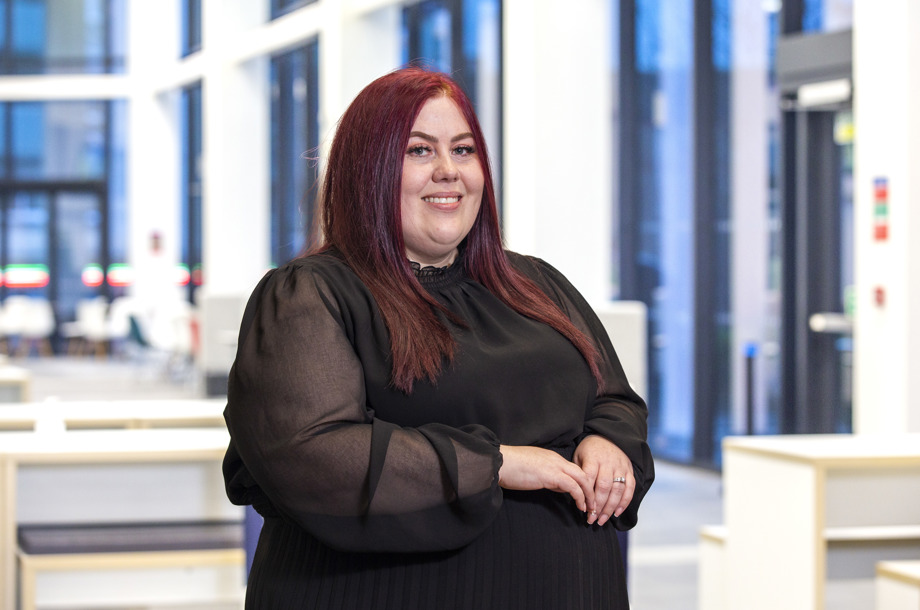
Young people with learning disabilities are often overlooked when it comes to asking, ‘what would you like to be when you’re older?’ – something as simple as this can prompt discussion, plant aspirations and break the cycle of underrepresentation of people with learning disabilities in the workplace.
As we mark the UN’s International Day of Persons with Disabilities, we are urging education practitioners, parents and carers to start having these conversations as early as possible, to reinforce the potential in every young person across Scotland.
The UN’s themes for this year are innovation and transformative solutions and it’s just possible that the most powerful transformations come from the simplest innovations – the right conversations at the right time. This vital early intervention can dramatically change the trajectory for young disabled people who are often leaving school with no positive destination. The result is a damaging ripple effect, as they are four times more likely to be unemployed at the age of 25.
Further to that, in 2021 the Scottish Government published their most up to date figures for the year previous, citing the employment rate of disabled people at 47.4%, compared to 80.2% for non-disabled people, representing a disability employment gap in Scotland of 32.8% – significantly higher than the UK-wide gap of 28.4%.
The disability employment gap that exists, which has only deepened over recent years as studies show disabled young people were disproportionally impacted by the pandemic, means that people who have learning disabilities have unfair access to employment, fewer opportunities to earn money and have a prosperous career, and fewer opportunities to socialise and make friends.
Whilst it’s the responsibility of all employers to ensure they’re cultivating a diverse and inclusive workforce, we strongly believe that the real issue starts much earlier. More often than not, young people with learning disabilities are not being afforded enough time in school to think about the future.
It can still be the case that young people with learning disabilities are not provided a work placement in school, even though their non-disabled peers are.
Early intervention is the key to breaking this cycle and it’s so important that we build aspiration for all young people, including those with learning disabilities. Here at ENABLE Works, we’re currently engaging with 5,500 young people across 28 local authorities through a variety of programmes and initiatives, to support the development of key employment skills from as early an age as possible.
Our Stepping Up programme, which has a 98% positive destination rate for young people who have learning disabilities, takes participants from an initial investigation of the world of work, through a process of discovery and planning for their future, to engagement with employers in real workplace settings.
Take this simple message as we mark today as International Day of Persons with Disabilities and ask all children ‘What do you want to be when you grow up?’. It’s such an easy question, but it can truly be the first step towards inspiring hope for the future and eliminating the disability employment gap and creating a more equitable world for everyone.
Ashley Ryan, Director at Enable Works.
Ashley leads one of the largest and most successful employment support teams in Scotland, supporting more than 5,500 people who have learning disabilities or barriers to develop their employment skills.
Date published
02 December 2022






